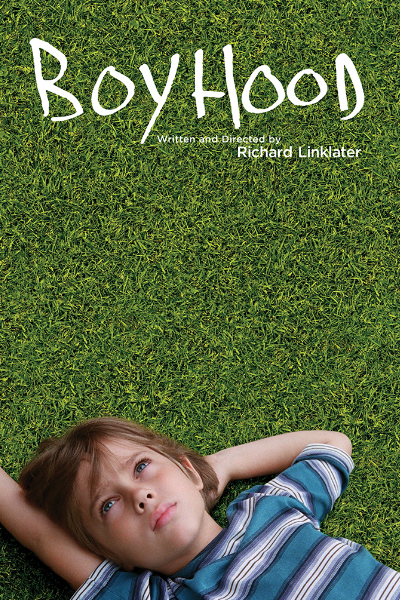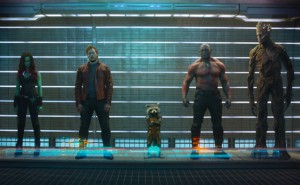
Some films are so impressively made that they are fascinating to watch but not great to recommend to others. Unfortunately, that is the case with Richard Linklater’s “Boyhood” film. The movie premiered at numerous film festivals across the country and won as many awards along the way and rightly so. What makes this film so special is that it took over 12 years to create using the same cast so that we seem them literally age right before our eyes.
“Boyhood” tells its tale from the point of view of Mason (Ellar Coltrane), who was six years old when the project began, and his journey from boyhood to manhood. For the most part, the story is realistic. Mason is a child of divorce. His mother (Patricia Arquette) does her best to make her house a home for Mason and his bratty older sister Samantha (Lorelei Linklater), by putting herself through school in hopes of making better living. Along this journey she meets and marries a couple of abusive husbands. Mason’s father, Mason Sr. (Ethan Hawke), has been in and out of the kids’ lives, but vows to make a more concerted effort to be there for them and does a reasonable job of it too.
“Boyhood” is an interesting experiment in filmmaking. Mason’s and Samantha’s looks change constantly. Hairstyles go from long to short to long again. (This includes Arquette’s long hair to the drastic bob she wore while filming NBC’s “Medium” and Hawke’s appearance and disappearance of a creepy mustache.) Through all of it, Coltrane proves that he can act at any age. Ironically, Arquette’s acting gets better as the film goes on. Her lines seem forced at the beginning but become more natural as the film goes on. The parents aren’t perfect, but they “are there” for their kids and that says a lot. Still, when Mason comes home drunk, it doesn’t faze his mother much and throughout the film, Mason Sr. speaks highly about the usage of condoms so that Jr. and his sister don’t make the mistakes he did. Surprisingly, there are a few scenes where church and religion is brought up and they treated with respect.

Linklater creatively uses pop culture references and music to help show the timing of the story. Within seconds you know what year the story is set in. The film also features some worthwhile scenes of teachers trying their best to help Mason reach his true potential as an artist.
“Boyhood” has a rather melancholy feel to it. It is never really depressing but it never really gets to be very jovial either. There are some laughs and a few tense scenes involving an alcoholic step-dad, but for the most part, the movie just glides from one scene to another. And this is where the problem lies. There is no real arc to the storyline. The film is supposed to capture all the events of a boy growing up, and the film does that but not in the way that one would hope. There are a few scenes of Mason playing with his friends, swinging on a swing, enjoying a birthday party, the holidays, but those scenes are rare. For the most part, the film is very “talky.” Near the end of the picture, Mason asks one of his friends, “Is this are there is?” and for this reviewer, he was beginning to think the same thing.
There is a lot to take in the 164 minute film, but with the absence of highs and lows and, it is not a very satisfying ride. None of the characters appear to be especially happy throughout the film and in the end, Mason’s mom is downright miserable. Perhaps this is Linklater’s view of life. That the meaning of life is just a mystery and we are to just endure it. However, for those believe in something bigger than themselves, we know that there is more to look forward to.

